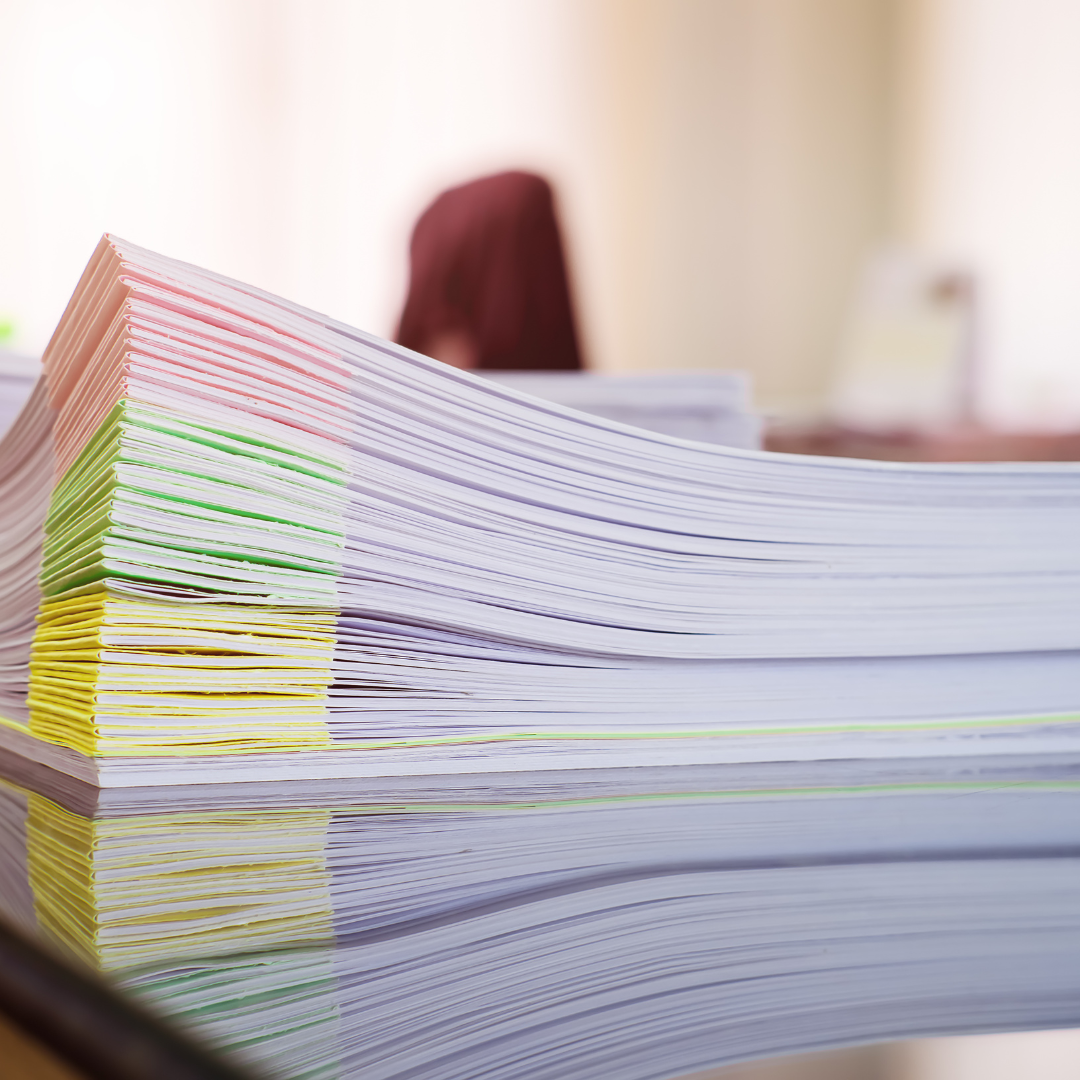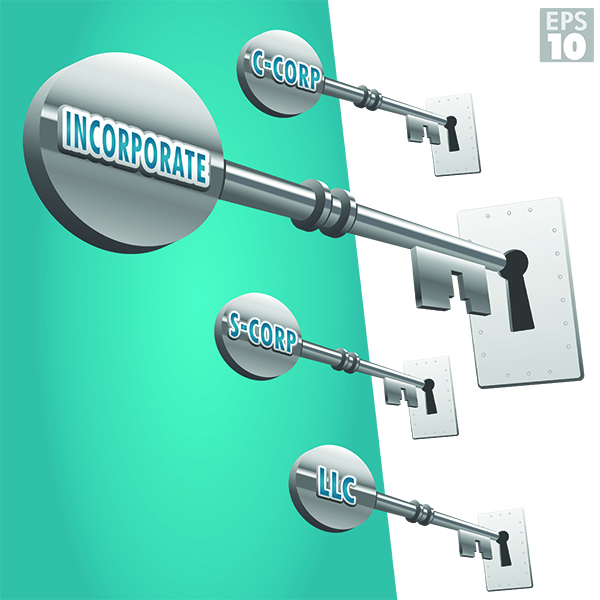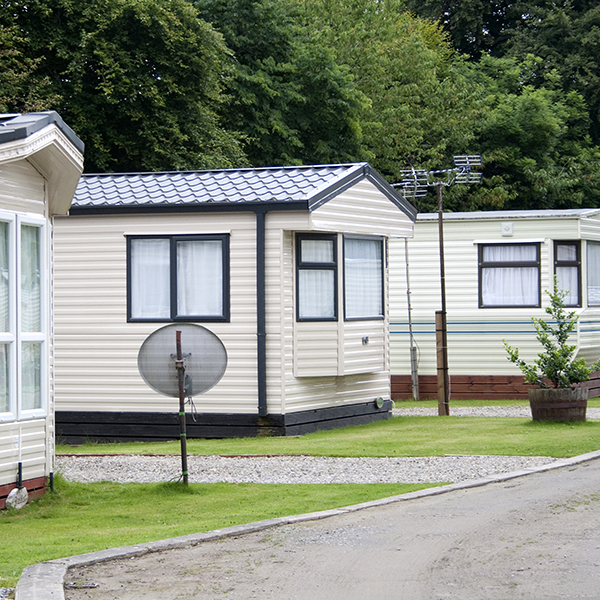Question: As a buyer of a home in escrow, what do I need to know about depositing funds into escrow?
Answer: This is a great question, as there are many things to consider, that might not be obvious to a buyer. The first thing to be aware of is that when you make an offer on a home, you will generally offer to make a “good faith” or “earnest money” deposit into escrow of an initial small amount. It is typical for this earnest money deposit to be no more than 3% of the purchase price, although the amount is completely negotiable between the buyer and seller, as are virtually all terms of the purchase agreement. This initial deposit shows a seller that you are a serious buyer. The funds will be used at the close of escrow toward the down payment and/or closing costs.
What is important to remember is that the purchase agreement typically used by Realtors in California has a requirement that the earnest money deposit be place in escrow, within 3 business days of the buyer and seller agreeing to the purchase agreement, or the “acceptance date”. This means, as a buyer, when you are making an offer on a property, it is a good idea to move the money into your checking account right away, so that it is available to deposit into escrow. Escrow companies will accept a cashier’s check or wire, or a personal check for the earnest money deposit. Just keep in mind, we will cash your check right away.
The second thing to consider is how the funds to be used in escrow, are viewed by your Mortgage Lender. The Lender who is working to get you financing on the purchase of your new home will be conducting various verifications, of your employment, your credit score, the value or appraisal of the property, AND they will be verifying that you have the money in your possession not only to close the escrow, but in some cases, they want to see that you have “reserves” enough in your personal accounts to cover a couple of months or more of future payments. Your lender will ask you for at least a couple of months of bank statements, including savings and checking accounts, investments and even retirement accounts. It is important to discuss your planned “source of funds” with your lender early in the process, because any funds used to close escrow need to be verified before closing. This means that they want to see where the funds came from (long term savings? A bonus? The sale of stock? Etc.). For this reason, during escrow it is important not to move funds between accounts without discussing it with your lender. If some of your funds are coming as a gift from a parent or other relative, your lender will need to know that, and in most cases, will need to verify the funds in the parent’s (or “donor’s”) account, before it is moved into escrow, or into your own account. Communication with your lender is the key, because if for some reason funds cannot be verified by the lender, it will cause a delay in the loan being approved, and the escrow closing.
Funds that are required for closing, which will include the balance of the total down payment, and your share of closing costs, need to be wired into escrow approximately 4 business days before closing. I would suggest that you speak to your bank to determine their requirements for wire transfers a couple of weeks before closing, so that there are no last minute surprises. Some banks require a full 24 hours or more to wire funds, and most have a cutoff time for sending wires which ends mid-day. Some banks do not issue wire transfers, so you may need to move funds between banks to wire. If you do PLEASE discuss this with your Lender (as I mention above). If funds are coming from a retirement or investment account, keep in mind that it might take several days for your funds to be released, especially when it involves the sale of stock. Make sure you give yourself plenty of time to have funds available to wire, in time for closing.
If you have any questions about funds needed to close your escrow, your Lender and your Escrow Officer should be able to find the answers for you, to ensure a smooth closing of escrow.
 Cynthia Moller
Cynthia Moller
661.362.0400
cmoller@glenoaksescrow.com




